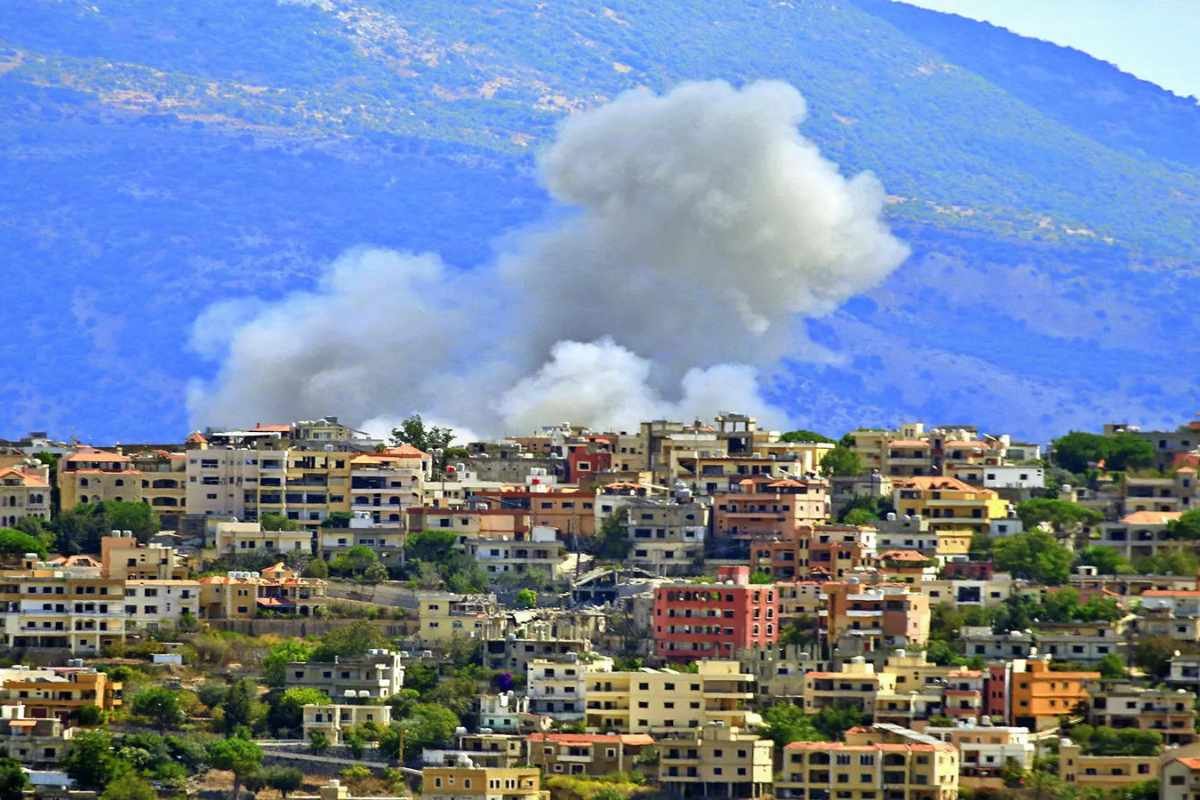[Source – economictimes.indiatimes.com]
In a highly sophisticated operation, Israel covert operation on Hezbollah by embedding explosives in the batteries of pagers, according to senior Lebanese security officials. The officials, who revealed this advanced technology, stated that the explosives were virtually undetectable, raising concerns about the future of technological warfare. This revelation followed a series of controlled explosions of these weaponized devices as part of an ongoing investigation into their origin and infiltration into Hezbollah’s communication systems.
The controlled explosions demonstrated the destructive potential of the devices, which were switched off during the September 17 attack. As a result, they failed to receive the signal that would have triggered detonation. Lebanese security officials witnessed firsthand the devastating impact that the blasts could have caused if activated, underscoring the lethality of the explosives. The investigation into the manufacturing and smuggling of these pagers continues as Lebanese authorities seek answers.
Hezbollah Members Targeted with Explosive Devices
The attack, which began with pager explosions on September 17, continued the following day with walkie-talkies being targeted. Thousands of explosive devices struck Hezbollah members, killing at least 37 people and injuring nearly 3,000, according to Lebanese health authorities. Among the casualties were civilians, including children, as the blasts occurred in densely populated areas, causing widespread destruction and chaos.
The explosions blindsided Hezbollah, which had relied on analog communication devices, such as pagers and walkie-talkies, to avoid Israeli infiltration through digital means. Despite Israel’s silence on the matter, reports have emerged linking Israel covert operation to a joint effort by Israel’s intelligence agency Mossad and the Israeli military. Israel’s Defense Minister, Yoav Gallant, indirectly acknowledged the success of the operation, praising the collaboration between Mossad, the Shin Bet, and the Israeli Defense Forces. Lebanon and Hezbollah have both held Israel responsible for the attacks, further escalating tensions in the region.
Lebanon Warns of Regional Instability Amid Ongoing Conflict
In the aftermath of the attack, Lebanon’s foreign minister, Abdallah Bou Habib, addressed the United Nations General Assembly, warning that the ongoing conflict with Israel could destabilize the entire Middle East. Bou Habib emphasized that the crisis threatened Lebanon’s existence and urged for immediate international intervention. He stressed that if the situation remains unresolved, the conflict could spiral into a larger regional crisis, posing a serious threat to international peace and security.
Bou Habib reiterated Lebanon’s call for a ceasefire, expressing support for diplomatic efforts led by the United States, France, and other international allies to broker an agreement between Israel and Hezbollah. The minister also highlighted that the root cause of the ongoing instability in the region stems from the unresolved Israeli occupation of Palestinian territories, calling for a permanent solution to this long-standing issue.
As tensions rise, the international community watches closely, with fears that the Israel covert operation could expand the conflict beyond Lebanon’s borders and affect the broader Middle East region.









